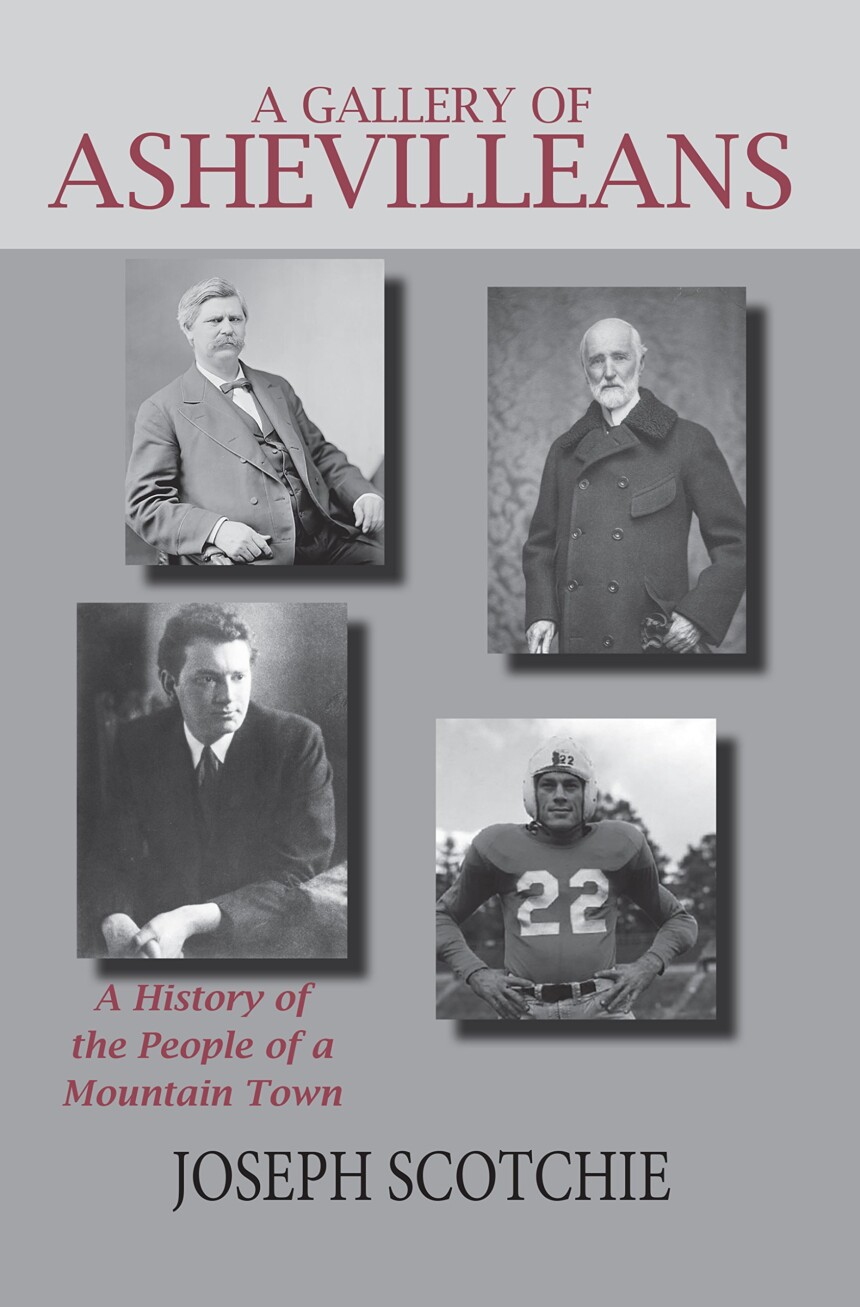Breathes there the man, with soul so dead,
Who never to himself hath said,
This is my own, my native land!
—Sir Walter Scott
This work reminds me, on an appropriately more modest scale, of John Lukacs’s book on Philadelphians. Both hearken back to a time when Americans were a semicivilized people who lived in Real Places rather than the rootless inhabitants of a uniform, ugly, and trivial No Place. Joe Scotchie has spent his working life in New York, but he still loves his native place—North Carolina’s little city in the lovely Blue Ridge valley of the Swannanoa. A real conservative—previously the author of books on Richard Weaver, Pat Buchanan, and related subjects—Scotchie knows the history of Asheville and its region both inside and out. That is the best viewpoint for an historian. He tells us the history from the first settlement, wiped out by Cherokees, up to the present incarnation as an artsy and lavender mecca celebrated by Rolling Stone as a rising American “freak city.”
Asheville’s 19th-century history, and its forgotten great figures like Zeb Vance, David Swain, and Elisha Mitchell, will be of interest to those who like politically uncorrected American history. The author’s partly biographical approach to Asheville also brings to light more recent politics—for instance, the career of Sen. Robert R. (“Our Bob”) Reynolds, damned and purged by FDR for his “isolationism.”
And then there are the writers, including Richard Weaver, born just down the road at Weaverville, where he returned during University of Chicago holidays and was known to help with the farm work; and Fred Chappell, perhaps America’s foremost living writer, from Canton. And, of course, Thomas Wolfe, forever linked to Asheville and the subject of a previous book by Scotchie. Wolfe’s place in literature, in my amateur opinion, is at the moment vague and probably declining, perhaps unjustly. The conventional knowledge is that Wolfe’s New York editor Maxwell Perkins saved him by controlling his excesses. This is not true, as the scholars Arlyn and Matthew Bruccoli showed a few years ago. What the self-important busybody Perkins did was cut and distort Wolfe’s marvelous epic, O Lost: A Story of the Buried Life into a boring kitchen-sink roman à clef. But the correction probably came too late.
[A Gallery of Ashevilleans: A History of the People of a Mountain Town, by Joseph Scotchie (Asheville, NC: Grateful Steps) 169 pp., $12.95]

Leave a Reply